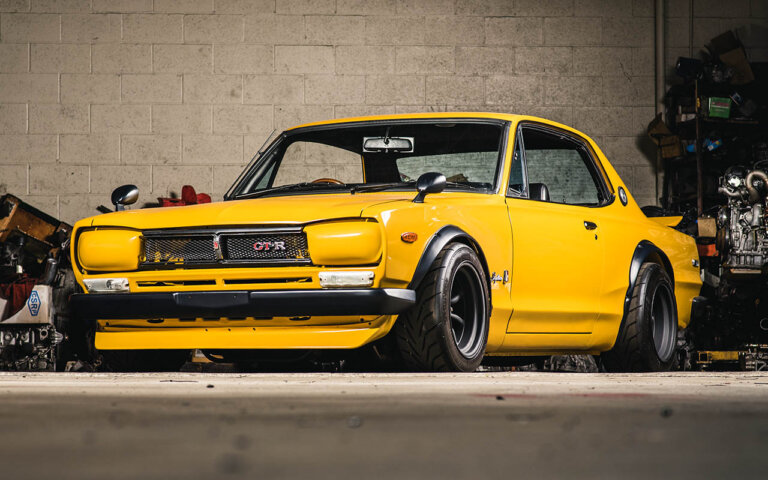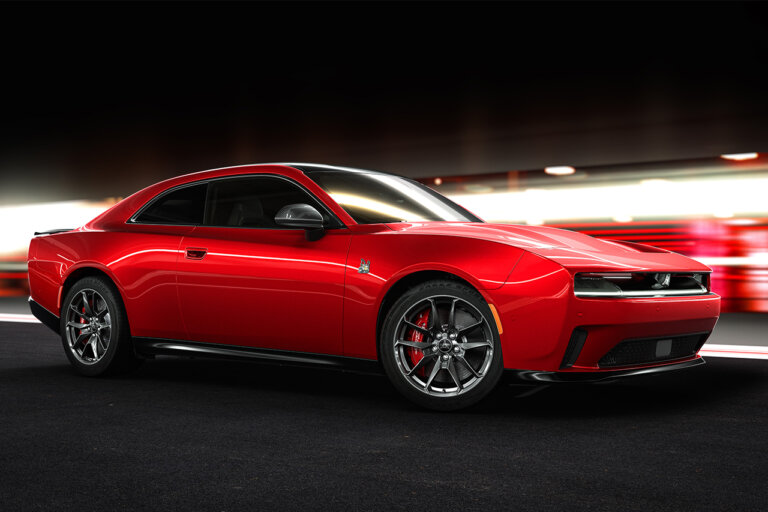Is this the way to go:Flow Forming Process?
Flow Forming, also known as Flow-Formed or Rotary Forged, is an innovative wheel production technique that combines aspects of casting and forging to create wheels with enhanced strength, reduced weight, and precise dimensions. This method involves subjecting a cast wheel to a specialized process that stretches and compresses the wheel’s barrel under high pressure while it’s spun at high speeds. This reshaping imparts unique mechanical properties, making Flow Form wheels distinct from both traditional cast and forged wheels.
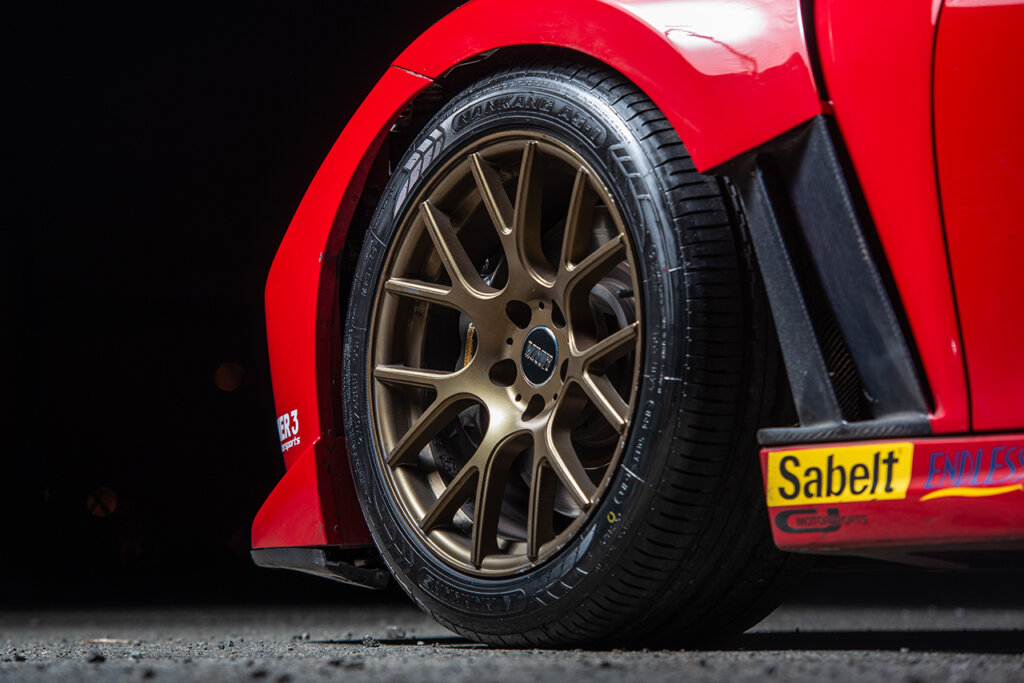
set of 4 wheels and a custom finish from VMR will push you back close to $2k.
Source: Motofutura
The Flow Form wheel production process begins with casting the wheel using a mold, similar to traditional cast wheels. However, the initial cast is slightly undersized in the barrel area. Once the cast wheel is formed, it’s clamped onto a specialized machine. The machine spins the wheel at high speeds while hydraulic rollers apply pressure to the outer barrel. This controlled force stretches and compresses the wheel material, elongating the barrel and creating a thinner, denser, and stronger structure. The end result is a wheel with improved grain structure, reduced weight, and enhanced mechanical properties compared to traditional cast wheels.
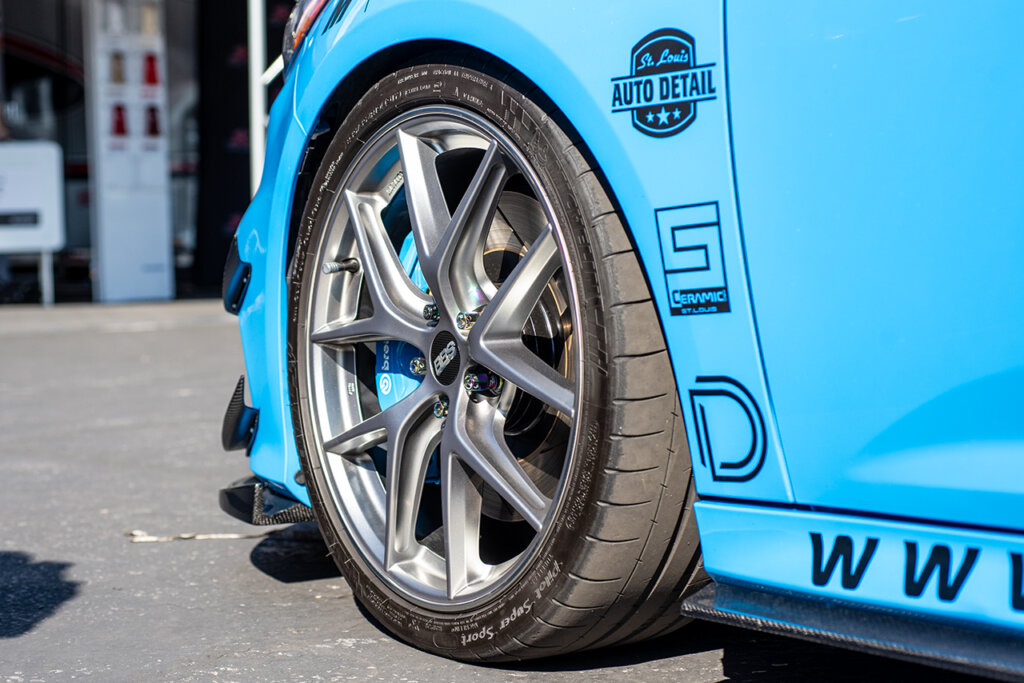
Source: Motofutura
Advantages of Flow Form wheels are noteworthy. The unique combination of casting and flow forming offers a high-strength-to-weight ratio, providing benefits in terms of vehicle performance, including acceleration, braking, and handling. These wheels are notably lighter than traditional cast wheels, which contributes to reduced unsprung weight and can lead to improved fuel efficiency. Flow Forming also allows for precise control over the wheel’s dimensions, ensuring accuracy and consistency in the manufacturing process. Moreover, Flow Form wheels can often offer a compromise between the design flexibility of cast wheels and the enhanced strength of forged wheels, allowing for intricate and appealing designs.
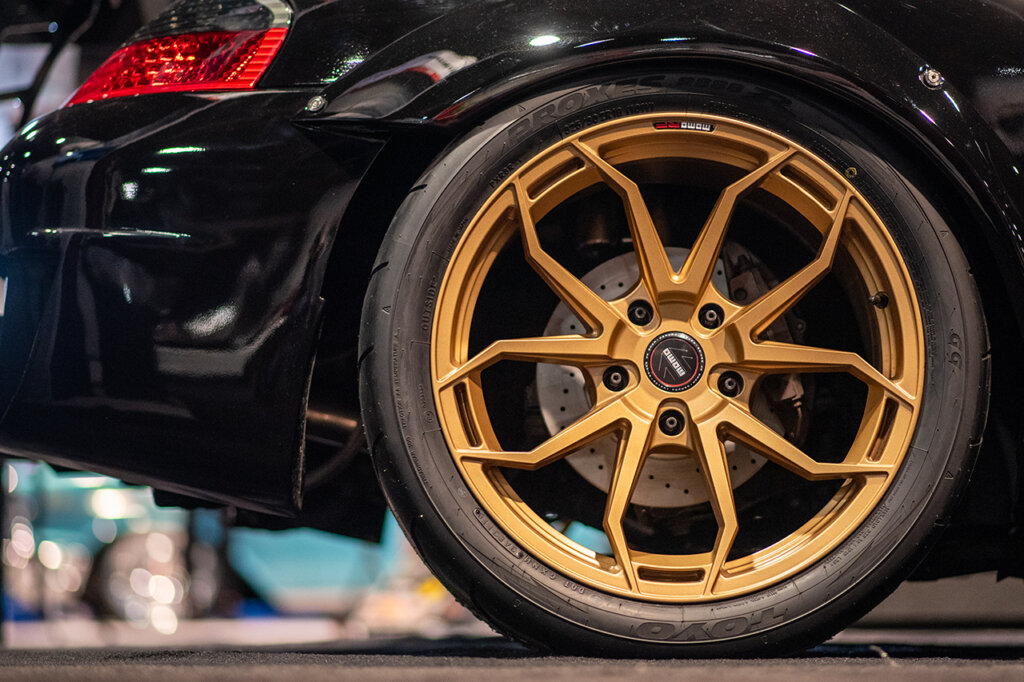
Source: Motofutura
However, there are a few considerations when it comes to Flow Form wheel production. The process can be more complex and costly than traditional casting due to the specialized machinery required. While Flow Form wheels exhibit greater strength compared to standard cast wheels, they may not match the extreme durability and weight savings provided by fully forged wheels. The level of weight reduction and strength enhancement achieved through Flow Forming might not be on par with the highest-end forged wheels. Additionally, the design flexibility of Flow Form wheels might still be somewhat limited compared to cast wheels, as the stretching and compressing process has constraints on certain design elements.

